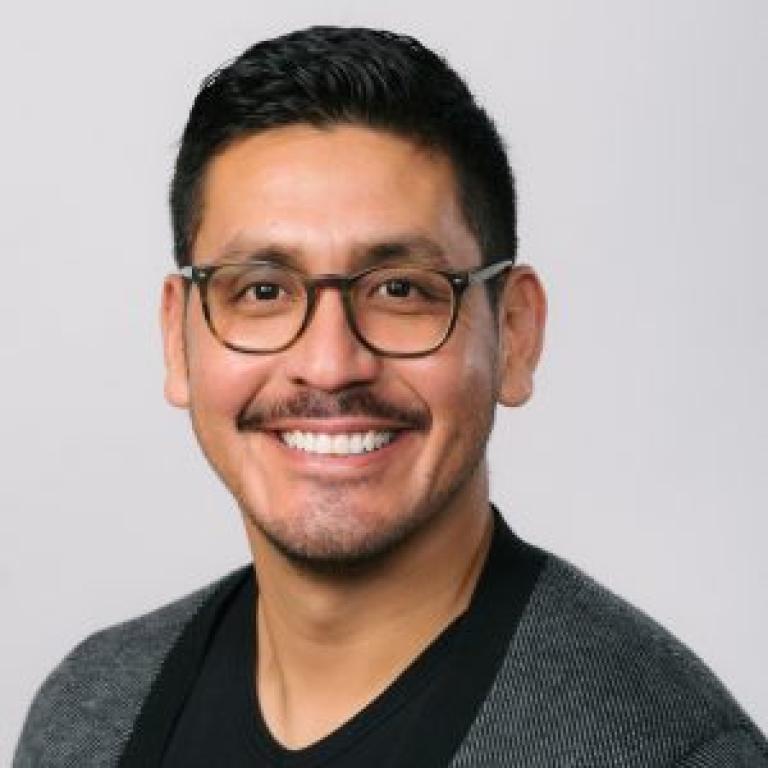News
QME alum says supportive, well-balanced program provides opportunities for grads

José Palma, PhD, alumni of the Department of Educational Psychology’s quantitative methods in education (QME) program, had been fascinated by math, social science, and their applications from a young age. These interests eventually led to his enrollment in the QME program, following an untraditional education path.
“As an immigrant first-generation student from a low-income background, I encountered many uncertainties along the way and had to overcome significant obstacles to make it where I am today,” Palma recalls.
After completing his K-12 education in Mexico, he moved to Minnesota in 1998, learned English at a community college, and completed his BA in psychology at the University of Minnesota.
Eventually, while Palma was working at St. Paul Public Schools, (now Dean of the College of Education and Human Development) Michael Rodriguez introduced him to the QME program. It was an immediate fit, and he enrolled in the program with Rodriguez as his advisor.
Following the twists and turns of his educational journey, Palma enjoyed the welcoming and comfortable environment of the QME program.
“The program was very welcoming, the levels of support and sense of community were very strong,” he says. “Professors knew me by first name and they were familiar with my research work. Students supported and challenged each other.”
Palma currently holds a postdoctoral position at the University of Texas Austin where he investigates the roles of culture, equity, fairness, and opportunity to learn in educational measurement and assessment. He credits QME for helping him in this work.
“It is the combination of psychometric research and applied focus, in addition to knowledge gained from my academic journey, that makes me a competitive and atypical educational measurement researcher today.”
Palma wants prospective students to know that they will receive a well-balanced training experience with lots of opportunities within the QME program.